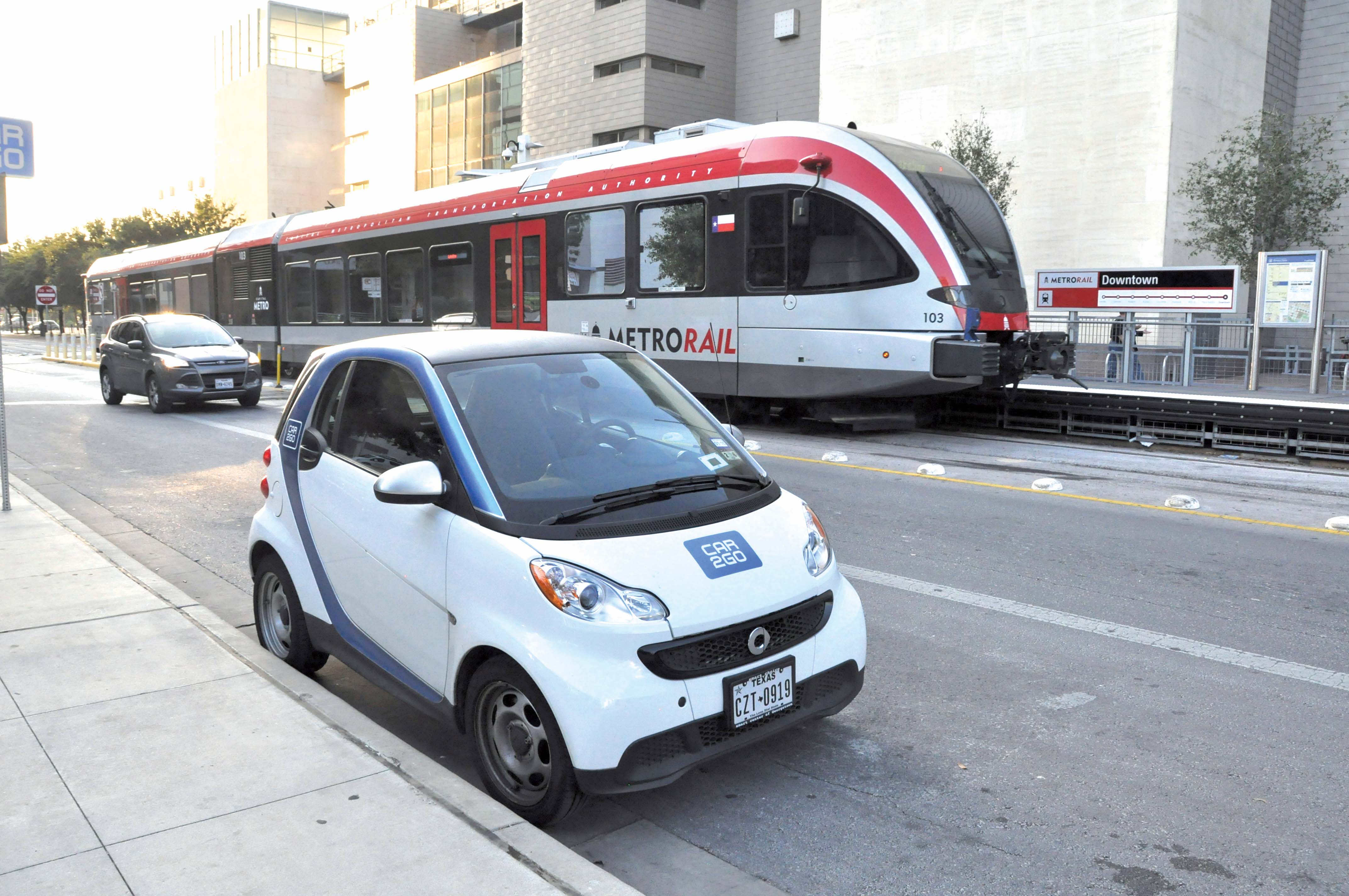Called A Guide to Intelligent Transportation Systems & Best Practices, it revealed that Istanbul's adaptive traffic management system has cut travel times by 20%, decreased delays by 30% and has increased average speeds by 35%. In the near term, the technology is expected to provide better integration with variable message systems, congestion maps and direction maps; green light corridor ability for emergency vehicles and; improve vehicle-to-vehicle systems by optimizing waiting times and increasing vehicle safety.
The paper highlighted Singapore's application of smart mobility via its autonomous Robo taxi and London's use of transportation operation data sharing with
Hikmet Çakmak, Frost & Sullivan Mobility Consultant, said: “The use of ITS will improve the quality of transportation in cities, contributing to the economic progress, and aid the establishment of smart cities. Commuters, city management councils, citizens, and the environment stand to benefit from ITS implementation through better traffic flow, improved safety, lower transportation costs, increased business activity, and improved travel information.”
“ITS providers should seek out opportunities in emerging cities as well as mature cities looking toward fulfilling their smart city vision. There are abundant revenue opportunities in all ITS application areas”, added Cakmak.
More information is available on the %$Linker:
White paper examines ITS application across four major cities
Frost & Sullivan and Isbak have released a white paper examining how intelligent transportation systems (ITS) used in Singapore, London, New York and Istanbul are being used on existing roadways to reduce congestion and emissions efficiently. The paper provides an in-depth analysis of transportation policies, implementation methods, best practices and challenges for key cities and how commuters, city management councils and the environment could benefit from ITS implementation.







